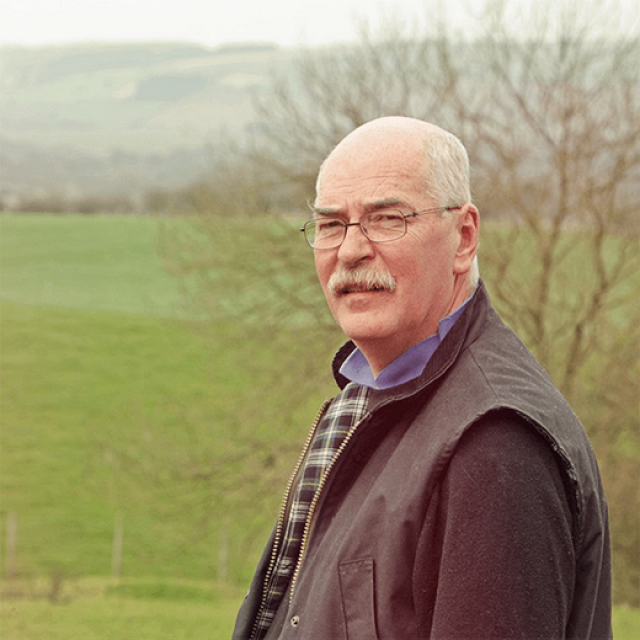



With the above steps underway, the executors must turn their attention to the estate.
Once details of the assets and liabilities of the estate have been established, the next step is to ascertain the value of the overall estate for IHT purposes. We can help you do this and have contacts who can assist with any valuations required. Often the most difficult figure to ascertain is the total of gifts or other transfers made in the seven-year period prior to date of death. Much depends on the accuracy of records kept by the deceased, whether a professional adviser was used etc.
If it’s apparent that IHT will be payable, you should bear in mind two important deadlines:
An application for an IHT reference number will need to be made to HMRC at least three weeks before a payment becomes due. Given that IHT needs to be paid prior to probate being obtained, payment can be made directly to HMRC from a bank or other investment account of the deceased.
If you feel this is something that you need support with, we’re more than happy to help. Many of our clients seek help at this step, as the executors are held responsible for the accuracy of the information contained within the IHT forms. A penalty may be incurred if inaccurate information is included.
Once the value of the estate has been agreed, reported to HMRC and at least some of the IHT paid, the next step is the application for probate.
As an executor, you have the ability to apply for probate online, but the deceased must also have lived in England or Wales most of the time to use this service. You’ll need to send the original will, with any codicils (an addition or supplement that explains, modifies or revokes a will or part of one), and original death certificate by post in support of your online application.
If there is no will, or none of the named executors can act, then the next of kin should apply to the probate registry for Letters of Administration. Further details regarding the application for probate, where to send documents and fees involved can be found on the government website.
We recommend you commence the probate process early enough to provide sufficient time for the work to be done before the deadlines.
We can also assist you with this and find many people prefer to get professional help.
Review the deceased’s personal tax affairs to date of death:
Once probate has been granted, the executors must turn their attention to collecting the estate assets, settling all debts of the estate and distributing assets remaining in accordance with the will or the rules of intestacy (rules that apply to someone without a will). Key points to consider here are:
Dealing with the estate may be a lengthy process, but once the estate has been fully distributed, the executors should close any accounts opened in the process and their work is done. In some situations, indemnities should be obtained.
Rely on our licensed experts for all your probate and estate administration needs, with a single point of contact to guide you through the whole process. From immediate advice on filing the inheritance tax form and applying for the grant of probate, to estate administration and dealing with any accounts and tax reporting. We can also advise on trusts in wills and UK probate with foreign assets. For legal advice, we can recommend someone from our trusted network of advisers, who is best suited to you and your requirements.
For professional advice tailored to your unique circumstances, fill out the form below and one of our experts will be in touch to discuss your requirements and how we can help.

 Probate and estate administration
1
Probate and estate administration
1

 Wills and estate planning
2
Wills and estate planning
2

 Tax planning and advice for individuals
3
Tax planning and advice for individuals
3
 How to calculate Quick Succession Relief (QSR) for estate administration
How to calculate Quick Succession Relief (QSR) for estate administration.jpg)
 Family office services
5
Family office services
5

 Contact us
6
Contact us
6